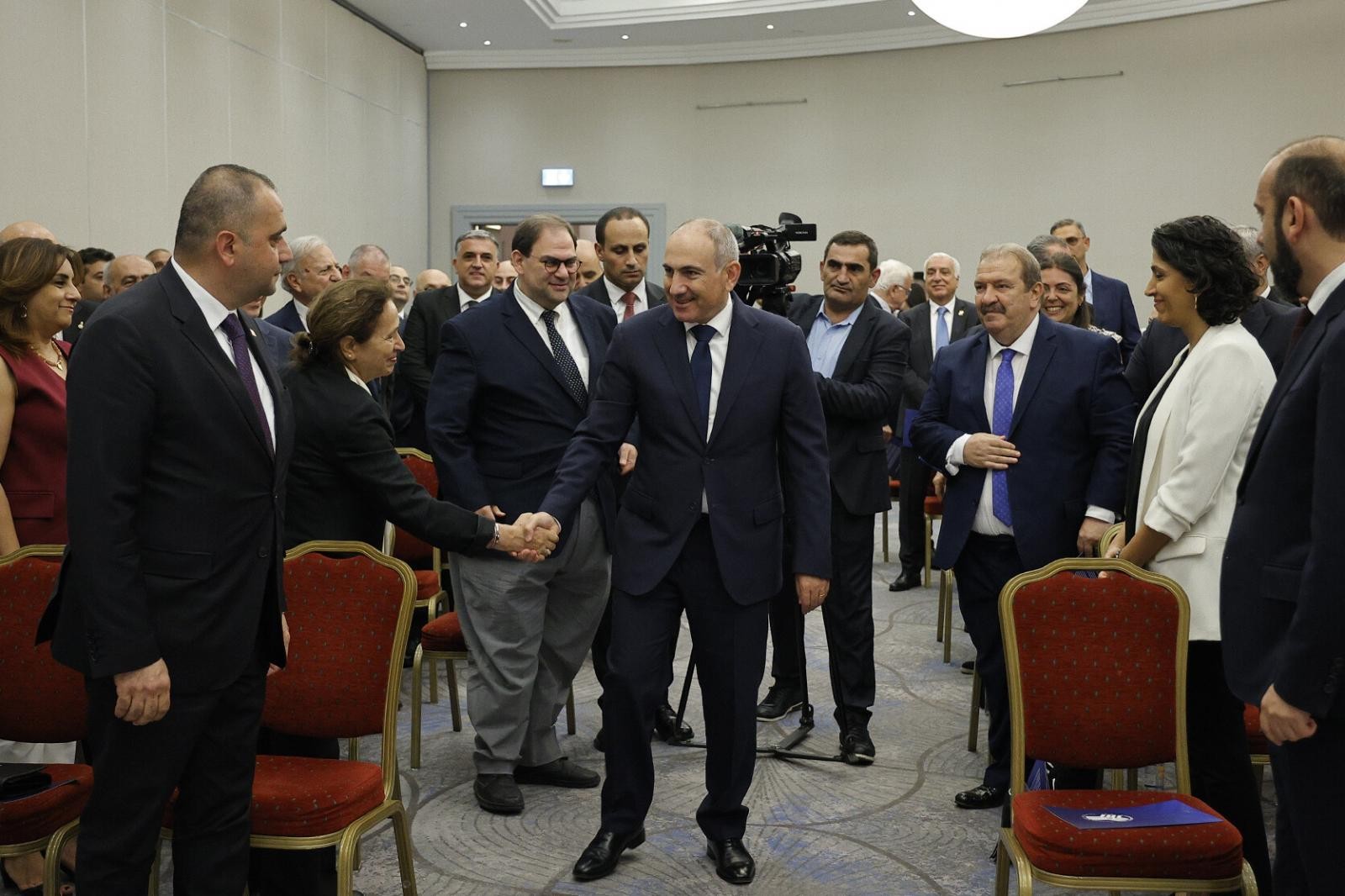Foundations General Director Adnan Ertem has stated that, according to Article 40 of the Treaty of Lausanne, Armenian schools have special status, and that it is not possible to treat them as private schools; and that therefore, legal procedures applied to private schools cannot be applied to minority schools.
The official notification sent by the Foundations General Directorate to Armenian schools stating that they will be classified as corporate enterprises and will therefore be subject to corporate tax if they receive donations from the families of students, and that consequently, they would have to continue their activities as schools within the body of a commercial enterprise from 2015 on was discussed at the assembly meeting of the Foundations General Directorate (VGM) in Ankara.
At the meeting, at which Minority Foundations Representative Toros Alcan was also present, the interpretation of the inspectors who separately inspected three Armenian schools and sent each a notification. The inspectors, who carried out an audit of charts of accounts, reported that they had observed that different individuals had made donations of the same amount, and at equal intervals, and that they had interpreted this as a ‘fare scale’. Listening to the criticism voiced at the meeting, Foundations General Director Adnan Ertem stated that the inspectors had applied procedures according to the directive they are given, and that the aforementioned notification was not of great significance. Ertem stated that, according to Article 40 of the Treaty of Lausanne, Armenian schools have special status, and that it is not possible to treat them as private schools; and that therefore, legal procedures applied to private schools cannot be applied to minority schools.
Legislation necessary
At the meeting, a decision was taken to draw up the necessary legislation so that in the future there is no confusion over whether minority schools are ‘private schools’ or ‘charity schools’. According to this, a group of jurists and specialists will determine the special status of minority schools on the basis of the Treaty of Lausanne; which will then be followed by VGM sending an official letter of recommendation to the Ministry of National Education and Ministry of Finance.
On the other hand, a response letter has been drawn up by the VADİP (The Inter-foundational Solidarity and Communication Platform) Education Commission and VADİP Finance Commission in answer to the notifications sent to the Sahakyan, Getronagan and Feriköy schools by the Istanbul Provincial Directorate of the Foundations General Directorate. Nurhan Palakoğlu, President of the Education Commission, stated that in the two meetings they held they had taken the decision to continue the struggle as long as it is necessary in order not to give up their rights based on the Treaty of Lausanne. Palakoğlu added that Toros Alcan had held positive talks in Ankara, saying, “We are working on our response to the notifications at the moment. However, the real solution here would be the preparation of clear legislation.”
VADİP Finance Commission Member, Certified Public Accountant Masis Yontan wrote the following in the response letter: “ (…) Until now, no non-Muslim minority school has ever become a commercial enterprise. Since the Law on Foundations came into force in 1936, this has been the practice regarding minority schools, and these institutions were constantly held exempt of both income tax and corporate tax.”





